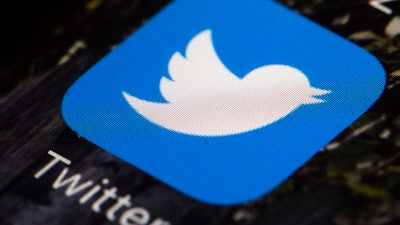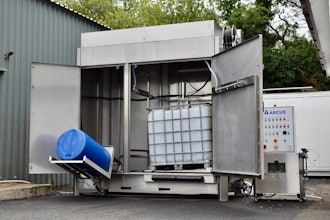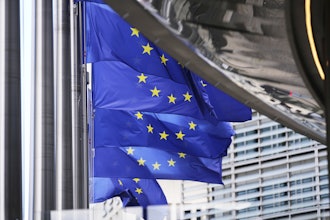
DETROIT (AP) — Twitter's board of directors says it adopted a “poison pill” defense in order to protect the social media platform from “coercive or otherwise unfair” takeover tactics.
The company announced the move Friday and provided more details in a regulatory filing early Monday. On Thursday, Tesla CEO Elon Musk disclosed an offer to buy the company for $43 billion, or $54.20 per share. He currently owns about 9% of Twitter shares.
A rights agreement enacted by the board would give shareholders as of April 25 the right to buy one one-thousandth of a share of preferred stock for each common share they own, at a price of $210 if the 15% threshold any person or group of investors who acquire 15% or more of the company’s shares without board approval, Twitter said in a Monday filing with the U.S. Securities and Exchange Commission.
The preferred stock would have the same voting rights as a common share. It would give existing shareholders more votes, making it harder for an investor to take control of the company. The filing does not specifically mention Musk.
"The effect of the agreement may be to “render more difficult or discourage a merger, tender or exchange offer or other business combination involving the company,” the filing said.
Despite the poison pill defense, the board is still leaving open the possibility of negotiating with Musk or another suitor. The filing says the rights agreement should not interfere with any merger, offer or other business combination approved by the board.
Twitter's board hasn't formally rejected Musk's offer. Wedbush Securities analyst Daniel Ives said it was interesting that Twitter first filed the shareholder rights plan before turning Musk down, but he expects the rejection to come in the next 24 to 48 hours.
“Taking Twitter private at $54.20 should be up to shareholders, not the board,” Musk tweeted on Thursday. He also said: “If the current Twitter board takes actions contrary to shareholder interests, they would be breaching their fiduciary duty. The liability they would thereby assume would be titanic in scale.”
Twitter said in a filing Thursday that Musk offered to buy the company for more than $43 billion. Musk said Twitter “needs to be transformed as a private company” in order to build trust with its users and do better at serving what he calls the “societal imperative” of free speech.
Musk called the offer final, although he provided no details on financing. Such details could improve his chances of buying the company. Musk likely could raise some of the money by borrowing billions using his stakes in Tesla and SpaceX as collateral.
Shares of Twitter rose nearly 3% to $46.38 in Monday morning trading, still $7.82 shy of Musk's offer. That's a sign that investors are skeptical of whether Musk can pull off the deal.
Musk revealed in regulatory filings over recent weeks that he’d been buying Twitter shares in almost daily batches starting Jan. 31, ending up with a stake of about 9%. Only Vanguard Group controls more Twitter shares. A lawsuit filed Tuesday in New York federal court alleged Musk illegally delayed disclosing his stake in the social media company so he could buy more shares at lower prices.
On Twitter Monday, Musk wrote that board members would get no pay if his offer is successful. That would save Twitter about $3 million per year, he wrote.






















